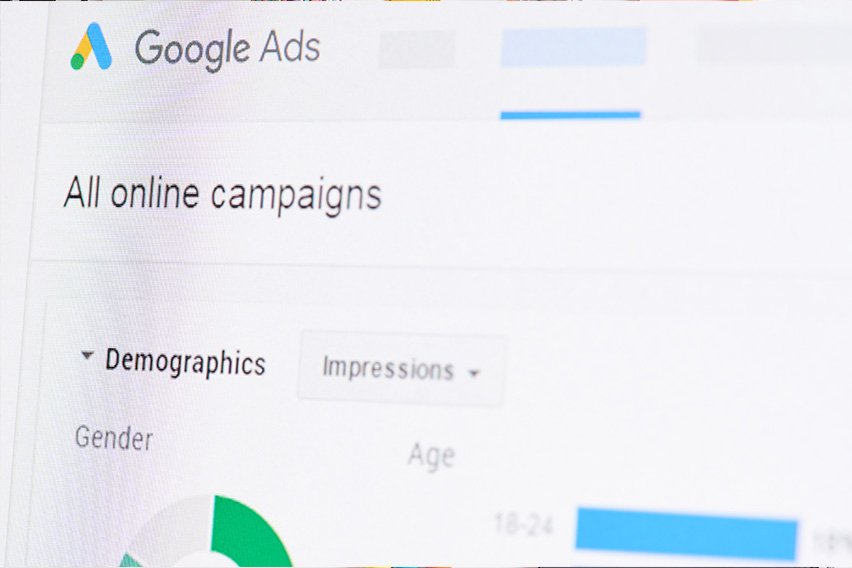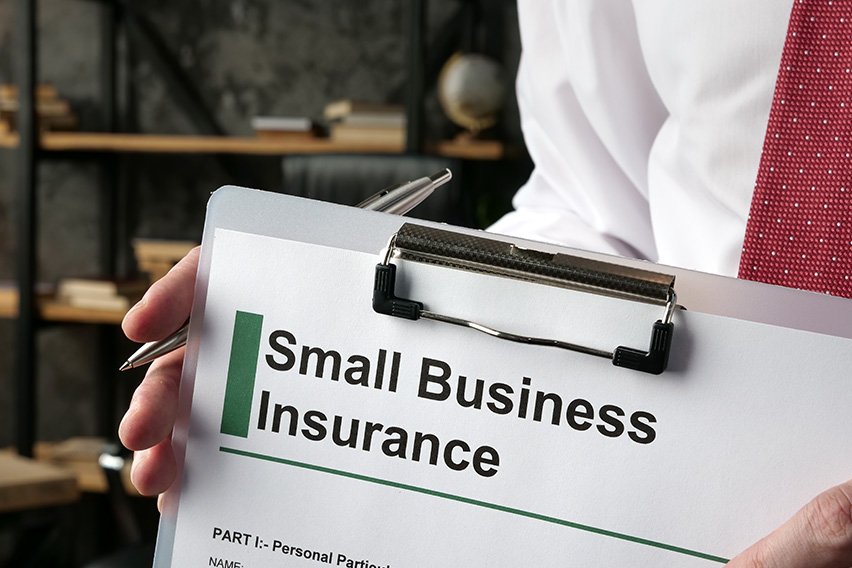The Top 10 Types of Insurance Claims Filed by Small Businesses

There are a variety of types of insurance claims that small businesses can file to cover the costs related to an accident or disaster. Small business owners should familiarize themselves with the different types of insurance claims and the process for filing claims, because unfortunately, more than 40 percent of small businesses will need to file an insurance claim in the next ten years, according to a study conducted by the Hartford. Learning the different types of claims and the best way to file them can save you time and money in the event of a financial loss covered by your commercial insurance policy.
These topics take you through the most common types of insurance claims filed by small businesses:
What Can I Do if My Insurance Claim is Denied?
What Are the Most Costly Insurance Claims?
Types of Insurance Claims
There are a number of different types of insurance claims companies may need to file to recoup the costs associated with accidents and disasters. These are the most common types of insurance claims filed by insured small businesses:

Burglary and Theft
Burglary and theft are the most common commercial insurance claims filed by businesses. They’re especially common in the retail, construction and manufacturing industries. This can include damage to your company property as a result of a break-in as well as the actual theft of possessions and equipment. A commercial property insurance policy can help cover the costs associated with burglary and theft.
Water and Freezing Damage
Water-related damages are the second most common type of insurance claim filed by companies. This can include burst pipes or flooding from storms. These claims are most common in coastal areas and low-lying places prone to floods. Your commercial property insurance can cover the cost of the damage, including expenses related to fixing structural damage, replacing soaked carpets and removing mold.
Wind and Hail Damage
Heavy storms can bring trees and branches down onto buildings, hail can damage windows and roofs and hurricanes and tornadoes can completely wipe out commercial buildings. Wind and hail damage claims are the third most common commercial insurance claim, especially in areas of the country particularly prone to strong storms. Your commercial property insurance policy can help cover the cost of damage associated with all types of wind storms.
Fire
Fire is a major threat to small businesses and a common insurance claim type in many industries, including manufacturing and restaurants. You can file commercial property insurance claims to cover financial loss related to fire, including fixing or rebuilding buildings and replacing damaged equipment and supplies. If you have business income insurance, you can file a claim against the policy to cover the money you lose while your business operations stop because of the fire damage.
Slips and Falls by Customers
Slips and falls by customers on your business premises is a common insurance claim, as your company can be held liable for medical expenses, legal fees and lost wages that result from a customer fall. These types of insurance claims are most frequently filed by retail stores and restaurants. Your general liability insurance policy will cover your business for the financial losses caused by a customer slipping or falling on your commercial property.
Customer Injury and Property Damage
Accidents that cause personal injury to a customer or that damage someone’s property can be covered by your general liability insurance policy. These types of insurance claims are common across many industries, including construction, landscaping and retail businesses. This type of accident includes situations where an employee trips and falls on the job or a work vehicle runs into a building and causes damage. General liability insurance can help cover the cost of related medical expenses, repairs and legal fees.
Product Liability
If a product that you manufacture or sell is faulty, you may be held liable for any related injuries or illnesses that customers suffer. This type of insurance claim is common in the retail, manufacturing and distribution industries. Without the proper insurance coverage, your business can be held liable for medical expenses, lost wages, legal fees and the cost of a product recall. General liability insurance and product liability insurance policies can help your business cover risks associated with product liability.
Struck by an Object
Struck by an object insurance claims relate to workplace accidents where an employee is hit by a piece of equipment or other object. They can be fatal or non-fatal accidents. These types of insurance claims are common in the construction, manufacturing, agriculture and forestry industries. Workers compensation can cover the employee’s lost wages and medical expenses related to the accident. In the case of a workplace death, the employee’s family or other dependents receive benefits through workers compensation. In most states, businesses are required to purchase workers compensation insurance.
Reputational Harm
A reputational harm claim is necessary when an individual or another business sues your company for causing them to lose face, or when an event causes your own business to have its reputation negatively affected, like a data breach. These types of claims are most common among media organizations and businesses that store customer data, like retail stores and financial institutions. General liability and professional liability insurance policies can protect your business against these risks.
Auto Accident
Auto accidents involving a commercial vehicle are a common reason for insurance claims when there’s vehicle damage, property damage or injury. Any business with commercial vehicles is at risk for accidents, but a commercial auto insurance policy can protect your business, your commercial vehicles and any employees who operate the company cars, trucks or vans.
Learn about the commercial insurance policies small businesses need to protect themselves from financial loss.
What Are Claims in Insurance?
Insurance claims are formal requests placed with insurance companies for compensation for losses that are covered by a business’s insurance policy. You must file an insurance claim any time you require compensation for a financial loss caused by damage or accidents covered by your insurance policy. Once you’ve filed a claim, an insurance adjuster will investigate your case and if it’s deemed to be legitimate and related to your coverage, your business will receive a payment to cover its losses.

What Can I Do if My Insurance Claim is Denied?
If your insurance claim is denied, there are a few things you can do to try to reverse the denial. First, you can write a response letter to your insurance company that lists your reasons for believing they should not have denied your claim. You’ll need to have detailed records and receipts to support your letter. If that doesn’t work, you can consult with an insurance regulator in your state to discuss your case and get advice on proceeding. As a final step, you can hire a lawyer and take your insurer to court, but this can be a costly choice with no guarantee you’ll win your case and receive the amount you’re requesting in payment from your insurance company.
What Are the Most Costly Insurance Claims?
According to a study conducted by the Hartford, the most costly insurance claims for small businesses are:
- Reputational Harm: Average claim cost is $50,000.
- Vehicle Accidents: Average claim cost is $45,000.
- Fire: Average claim cost is $35,000.
- Product Liability: Average claim cost is $35,000.
- Customer Injury or Damage: Average claim cost is $30,000.
- Wind and Hail Damage: Average claim cost is $26,000.
- Customer Slip and Fall: Average claim cost is $20,000.
- Water and Freezing Damage: Average claim cost is $17,000.
- Struck by Object: Average claim cost is $10,000.
- Theft and Burglary: Average claim cost is $8,000.
RELATED ARTICLES

 7 Best Business Expense Tracker of 2025
7 Best Business Expense Tracker of 2025 Marketing Automation for Small Businesses
Marketing Automation for Small Businesses How Does Google AdWords Work? The Basics of Google Ads
How Does Google AdWords Work? The Basics of Google Ads What Is PPC and How Does It Work?
What Is PPC and How Does It Work? How to Write an Estimate in 5 Steps: A Small Business Guide
How to Write an Estimate in 5 Steps: A Small Business Guide What Is Small Business Insurance? A Complete Guide to Insurance for Startups
What Is Small Business Insurance? A Complete Guide to Insurance for Startups